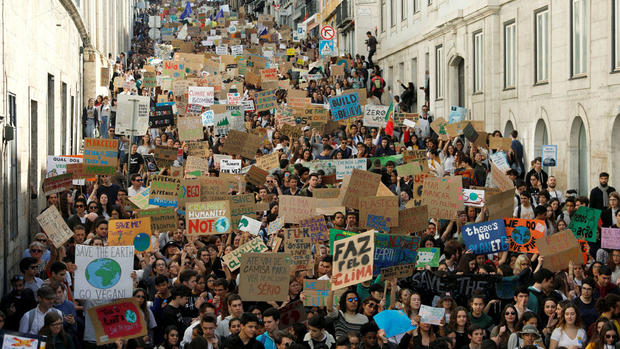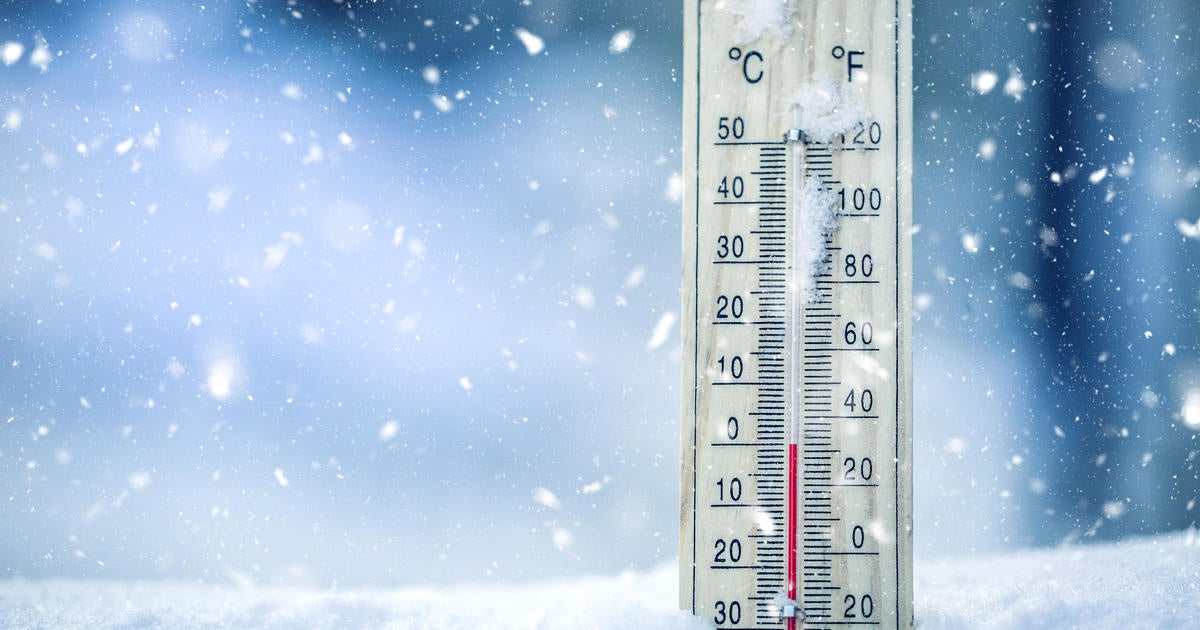"Effectively irreversible": Canada is warming twice as fast as the rest of the world, report says
Global warming is disproportionately affecting Canada. A new report by the Canadian government's Environment and Climate Change department indicates that the country is warming at a significantly faster rate than the rest of the world.
Canada's Changing Climate Report concludes that, on average, Canada's climate has been warming at double the rate of the world as a whole — a trend that scientists expect to continue. Since 1948, Canada's average land temperature has increased by 1.7 degrees Celsius, or about 3 degrees Fahrenheit. Temperatures in northern Canada have increased even more. For comparison, scientists at NASA's Goddard Institute for Space Studies estimate that the average global temperature has increased 1.4 degrees Fahrenheit (0.8 degrees Celsius) since 1880.
Many of the effects of Canada's warming are "effectively irreversible," the report states. And it affirms that "human influence" is more to blame for the observed temperature increases than natural causes.
Some other key findings of the report include:
- The rise in sea-level is predicted to lead to an increase in coastal flooding.
- Extreme high temperatures are expected to become more frequent and intense, which will bring droughts and risks of wildfire. Extreme cold temperatures are expected to decrease in frequency.
- Canada is continuing to shift towards less snow and more rain each year.
- Oceans surrounding Canada have warmed, become more acidic, and less oxygenated, which threatens the health of marine ecosystems.
"Climate change is real, and Canadians across the country are feeling its impacts," Catherine McKenna, Minister of Environment and Climate Change, said in a press release. "The science is clear, we need to take action now. Practical and affordable solutions to fight climate change will help Canadians face the serious risks to our health, security and economy, and will also create the jobs of tomorrow and secure a better future for our kids and grandkids."
The effects of global warming are also being felt by Canada's neighbor, Alaska. Last weekend, parts of Alaska hit temperatures of 30 to 40 degrees above normal, shattering previous records. "Between a rapidly changing environment and lack of societal response, I'm very concerned," climate expert Rick Thoman, of NOAA's Alaska Center for Climate Assessment and Policy, told CBS News last week.
A recent U.N. climate report said extreme weather impacted 62 million people worldwide and forced 2 million people to relocate in 2018, and that man-made climate change is exacerbating such conditions. The past four years were the warmest on record, the report said. U.N. Secretary-General António Guterres called climate change a security and health issue for the entire world.
Young people are increasingly calling on government leaders to do more to combat climate change. Hundreds of thousands of students in more than 100 countries have taken part in weekly school strikes to protest what they believe are their governments' failures to take strong enough action against global warming.
Sixteen-year-old Swedish activist Greta Thunberg, who started the school strike movement, was recently nominated for the Nobel Peace Prize. "I think it is amazing to see that hundreds of thousands of children from all around the world are realizing this and are making their voices heard," Thunberg told CBSN. "Why should we go and study for a future that may not exist anymore?"






